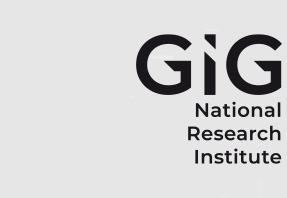“Small in size, but big in impact”: Socio-environmental reforms for sustainable artisanal and small-scale mining
Author ORCID Identifier
Obed Owusu 0000-0002-6641-5423
Kenneth Joseph Bansah 0000-0003-2232-1545
Albert Kobina Mensah 0000-0001-5952-3357
Abstract
Artisanal and small-scale mining (ASM) – small sized, largely unrecognized, rudimentary, and an informal form of mining – occurs in more than 70 countries around the world and is mainly hailed for its socioeconomic benefits and reviled for its environmental devastation. As a result, many people are confused about the future of ASM. In Ghana, the government banned ASM in 2017 and formed a security taskforce drawn from the military and police to crack down on nomadic and local ASM workers who defy the ban. This approach is unsustainable, deals less with the fundamental problems, and increases poverty among the already impoverished local populations who depend on this type of mining as their only means of livelihood. To support the argument for sustainable reforms, revenue growth decomposition and growth accounting analyses were performed to determine the factors shaping ASM revenue over 25 years (1990–2016). Results show that production (gold output) is the most important factor that influences revenue growth from ASM, contrary to the usual view that the price of the metal is mainly responsible for the increase in revenue. Thus, increasing labor hours in ASM could significantly increase mining revenue, reduce unemployment, and improve local commerce. We strongly conclude that sustainable reforms such as increasing local participation in decision making, education and training, adoption of improved technology, strengthening regulatory institutions, legislation and enforcement of enactments, and the provision of technical support and logistics could ensure socio-environmental sustainability.
Recommended Citation
Owusu, Obed; Bansah, Kenneth Joseph; and Mensah, Albert Kobina
(2019)
"“Small in size, but big in impact”: Socio-environmental reforms for sustainable artisanal and small-scale mining,"
Journal of Sustainable Mining: Vol. 18
:
Iss.
1
, Article 7.
Available at: https://doi.org/10.46873/2300-3960.1073
Creative Commons License

This work is licensed under a Creative Commons Attribution 4.0 License.

